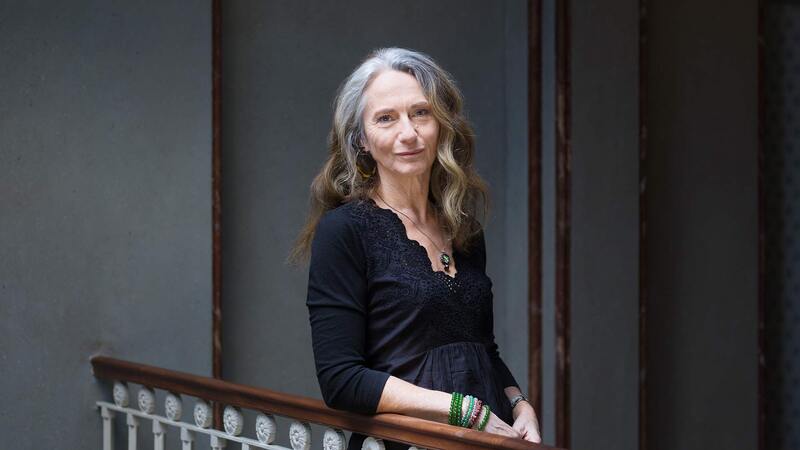You are viewing your 1 free article this month. Login to read more articles.
PRH dominates Science Book Prize shortlist
Penguin Random House has nearly a clean sweep of titles on the Royal Society Insight Investment Science Book Prize shortlist.
The publisher has scooped five of the six “engrossing reads” listed, with Doubleday nominated three times. Viking is also represented with William Collins the only non-PRH publisher squeezing in a nomination.
In a shortlist about “science, about scientists, and about how science is done”, the subjects range from celebrating teenage and animal behaviours to “finding our place in the age of the machine”, with former winner Professor Mark Miodownik earning another nod for the £25,000 prize, the society revealed on Thursday (2nd August).
Doubleday is nominated for a debut on adolescent psychology, Inventing Ourselves: The Secret Life of the Teenage Brain by Professor Sarah-Jane Blakemore while Lucy Cooke’s The Unexpected Truth About Animals (Doubleday/Black Swan) explores the natural world, and Dr Hannah Fry’s Hello World: How to be Human in the Age of the Machine, exposes the inner life of algorithms. PRH stablemate Bodley Head also features with The Beautiful Cure: Harnessing Your Body’s Natural Defences, an investigation of the immune system from Professor Daniel M Davis, which is down alongside fellow PRH imprint Viking for Liquid: The Delightful and Dangerous Substances That Flow Through Our Lives, following liquids through the lens of plane journey, from former winner Miodownik.
William Collins is featured on the shortlist for Exactly: How Precision Engineers Created the Modern World by Simon Winchester.
This year’s six shortlisted books feature many “active science communicators” including two authors, Cooke and Winchester, and four practicing researchers across a variety of disciplines.
The judges commended the six titles on their “extraordinarily high standard of scientific thought, conveyed through accessible writing and engaging storytelling”. They pointed to each book as playing a role in shifting forward existing scientific theories by turning previous concepts and assumptions on their head.
Chair of this year’s panel, Professor Dame Frances Ashcroft, professor of physiology at the University of Oxford, said the shortlist “illustrates the variety of contemporary science”.
"Our six shortlisted books exemplify contemporary science writing at its best: all are grounded in rigorous research, hugely accessible and framed around a compelling narrative,” she said. “Each of the authors successfully introduces the reader to innovative ideas and new ways of thinking, whether it is about precision engineering, the seemingly ordinary liquids that we encounter every day, or the way we view the adolescent brain. All tell fascinating stories about scientists, science and how science is done, and all address the big questions of our time. They are engrossing reads that will appeal to everyone.”
Alongside Ashcroft, the 2018 judging panel features Royal Society University research Fellow and associate professor in planetary Sciences, Dr Leigh Fletcher, director and co-founder of the Hay Festival, Peter Florence CBE, scientist, author and broadcaster, Vivienne Parry OBE, and the editor of Wired Magazine, Greg Williams.
The winner will be announced at a ceremony at The Royal Society on 1st October hosted by Professor Brian Cox OBE FRS, the Society’s professor for public engagement in science. The winner will receive a cheque for £25,000, with £2,500 awarded to each of the five shortlisted authors.
Founded in 1988, the Prize celebrates outstanding popular science books from around the world and is open to authors writing for a non-specialist audience. Last year’s winning book was Testosterone Rex (Icon) by Cordelia Fine, described as "an eye-opening, forensic look at gender stereotypes".
















